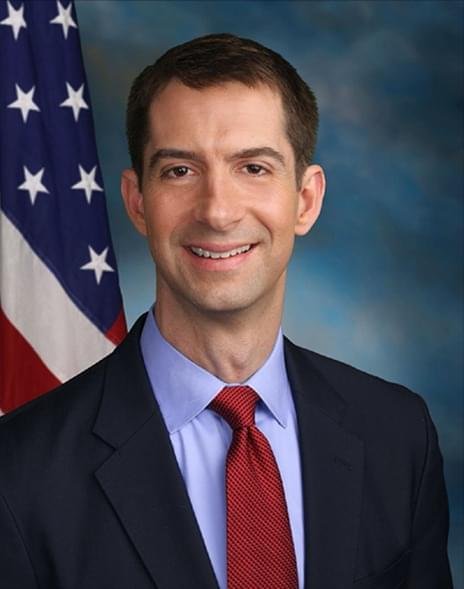FOR IMMEDIATE RELEASE
Contact: Caroline Tabler (202) 224-2353
December 14, 2023
Cotton: EPA Rule Would Undermine American National Security, Hurt Domestic Semiconductor Manufacturing
Washington, D.C. — Senator Tom Cotton (R-Arkansas) today sent a letter to Environmental Protection Agency (EPA) Director Michael Regan, expressing concern about a proposed rule that would update chemical regulations. Senator Cotton detailed how the rule would make the United States more dependent on China for critical technology and endanger American semiconductor manufacturing jobs.
In part, Senator Cotton wrote:
“Even President Biden agrees that our ‘long-term economic and national security requires a sustainable, competitive domestic [semiconductor] industry.’ This proposed rule would make it nearly impossible to onshore semiconductor manufacturing and would endanger over 277,000 jobs already in the U.S.”
Full text of the letter may be found here and below.
December 14, 2023
The Honorable Michael Regan
Administrator
Environmental Protection Agency
1200 Pennsylvania Ave., NW
Washington, D.C. 20004
Dear Administrator Regan:
I write regarding the Environmental Protection Agency’s (EPA) proposed rule updating U.S. chemical regulations. The rule, “Updates to New Chemicals Regulations Under the Toxic Substances Control Act (TSCA)” (88 FR 34100), would hurt our nation’s semiconductor industry and our national security.
Currently, manufacturers can receive low volume exemption (LVE) approvals from the EPA for certain new chemical substances. These approvals are subject to strict health and safety requirements and are critical for U.S. manufacturing. Unfortunately, the proposed rule would make per- and polyfluoroalkyl substances (PFAS) categorically ineligible for LVEs.
In its comments on the proposed rule, a leading trade association stated that the semiconductor industry relies on more than 200 active LVEs for substances that likely meet the EPA’s proposed PFAS definition. They added that proposed rule would “result in the semiconductor industry being unable to manufacture devices in the U.S.”
Even President Biden agrees that our “long-term economic and national security requires a sustainable, competitive domestic [semiconductor] industry.” This proposed rule would make it nearly impossible to onshore semiconductor manufacturing and would endanger over 277,000 jobs already in the U.S.
Please answer the following questions by January 15, 2024:
Has the EPA consulted with the Department of Commerce on this rule and its impact on semiconductor manufacturing? If yes, did Commerce raise concerns about the impact?
Has the EPA consulted with the Department of Defense regarding national security implications?
What other critical national security industries could this rule impact? Please describe how the EPA intends to make accommodations for critical national security industries, including semiconductors, that rely on PFAS-containing materials.
Thank you for your consideration of this important matter.
Sincerely,

